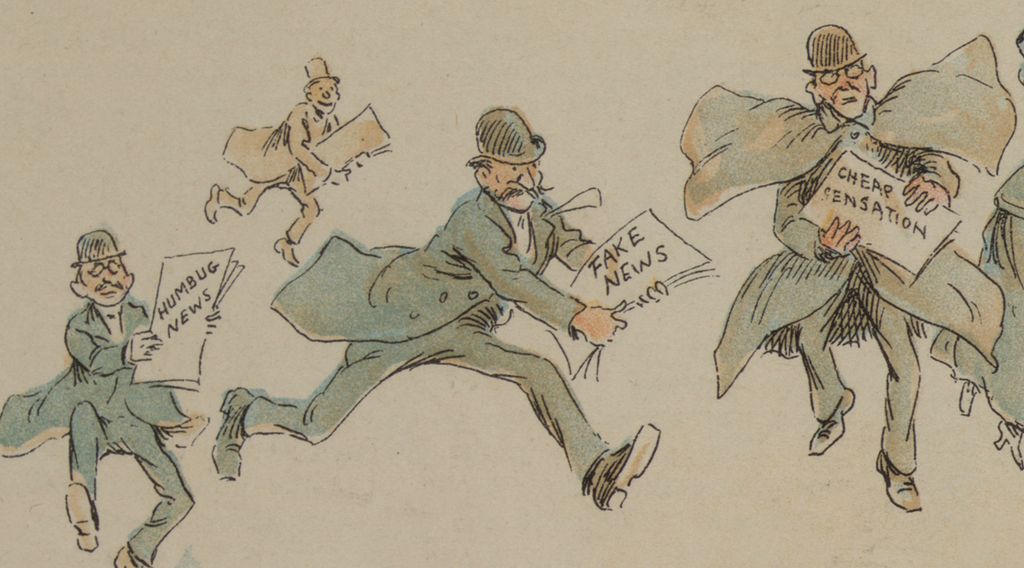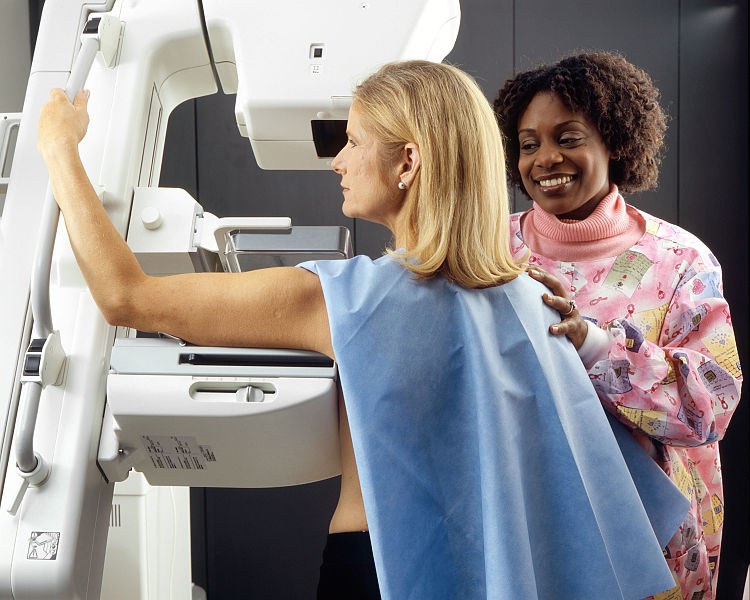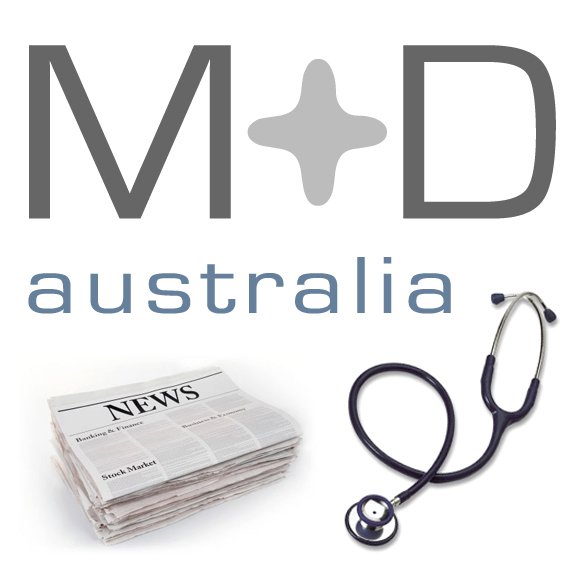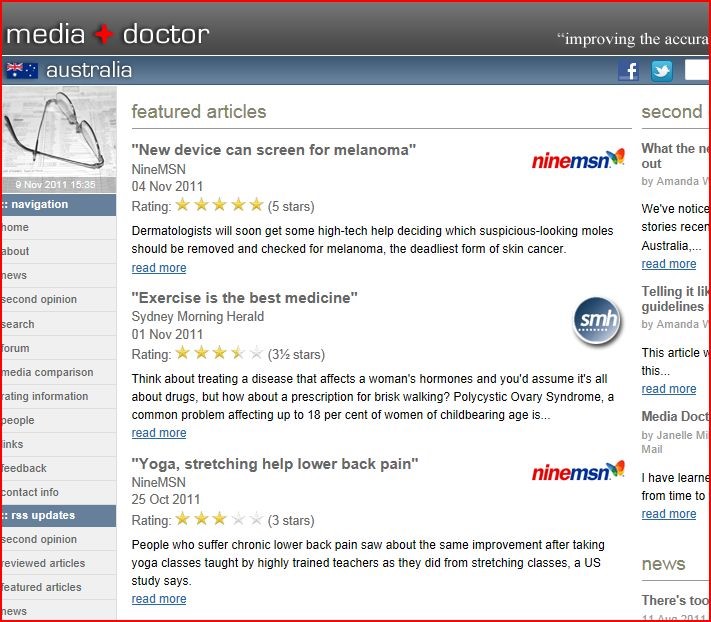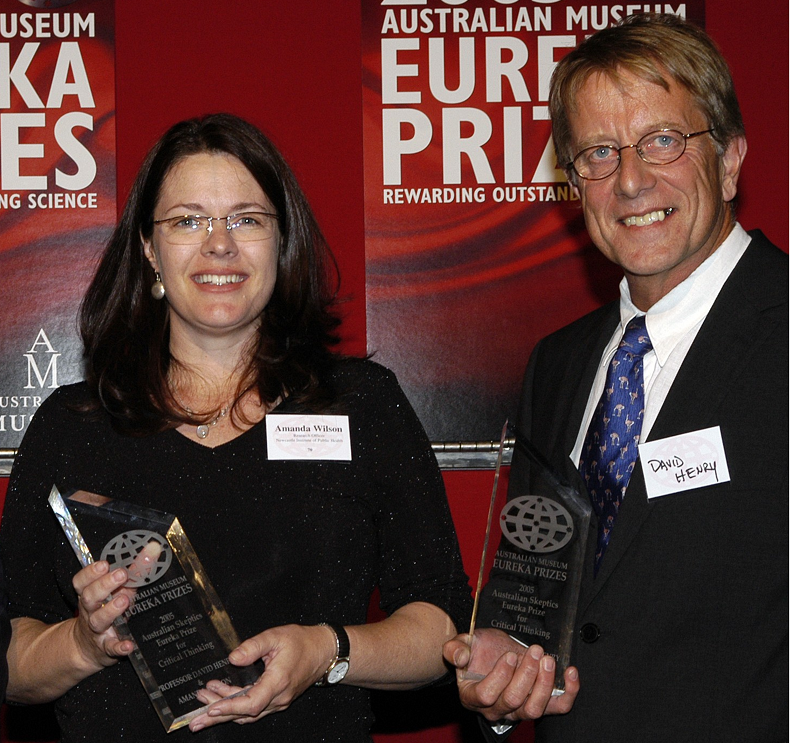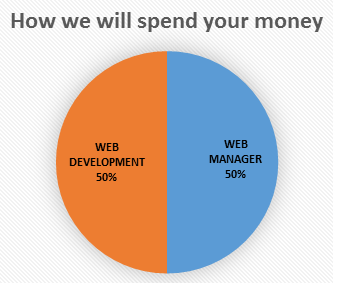Dr Google is the first stop for most people wanting health and medical information. But the rise of the health blogger, citizen journalism and ‘fake news’ makes it hard to know just what and who you can trust. Health stories in the media have a big influence what you believe and the health choices you make which can be good or bad depending on the quality of the information.
In less than a decade, social media has replaced traditional media as the main source of health news for most
people. This means the availability and accessibility of health information has changed forever - but so has the
quality.
What impact is this problem having on the community?
Online health information is eternally recycled and poor quality, out-of-date or out of context material can result in panic, bad choices, increased costs, and even death. But now you don’t need to be scientist or doctor to interpret health stories. Media Doctor Citizen Science will provide tools and training so anyone can improve their understanding of health information and share these findings with the rest of the world.
What will happen if this problem isn't addressed?
To make good personal health decisions, we need to understand the harms and benefits associated with treatments. This is also true for the way the country’s healthcare system works. Fair resource allocation by govenment depend on rigorous and balanced information, so how the media deals with and presents health news can have important ramifications for individuals and communities alike. Big media stories can impact both individuals and government decisions so quality and accuracy of the information is vital. This is especially so for health where costs are soaring for individuals and governments.
In 2005, Kylie Minogue was diagnosed with breast cancer. The media was filled with stories about Kylie's diagnosis and there was a 100-fold increase in the number of young women booking mammograms over the following 12 months. No extra cancers were detected during this time because for most women of this age, there is no benefit in having a mammogram. Instead, these women were unnecessarily exposed to radiation, anxiety and cost. Young women were worried enough by the news to seek reassurance in the form of an invasive, uncomfortable, expensive and potentially harmful procedure.
How our project responds to this problem
Media Doctor will be an online space that educates and empowers people, while improving the quality of health news stories. And it involves you - the citizen scientist/journalist. We can work together to:
- improve the quality of health media for all Australians
- help people and government make better decisions about health care, costs and policies
- encourage media outlets and health writers to improve the quality of their reporting.
Media Doctor Citizen Science will be an online, open-access, not for profit, training platform. Anyone interested can be trained online to rate health articles and submit health stories or articles they think should to be rated. Our rating tools are internationally validated and easy to use. Once a story is rated by enough people, the rating will be published online for everyone to see (like this picture from our old Media Doctor Australia site).
Community engagement, health literacy and evidence-based health behaviour are emerging areas of priority in
health. This project has the capacity to address these areas using an innovative, cost-effective and internationally established intervention with the potential to make a significant impact both locally and globally. In the future we aim to support other international Media Doctor sites to provide a unique online international presence that engages directly with communities to improve health literacy. It all starts here with you.
Why we are the best team to address the problem
Media Doctor is a team of health professionals, media and communication experts, and researchers. We have been volunteering our time to improve health reporting in the media for the past decade. Our original website, Media Doctor Australia, rated health news stories and this concept went global with Media Doctor sites starting up in over seven counties. We received the prestigious Australian Museum Eureka Award for Critical Thinking - the science equivalent of an Oscar – and generate lots of research on this topic. While the original website has been in hiatus, we've continued our work in this area and are now ready to revitalise Media Doctor Australia and make it better than ever before. We hope you will work with us to achieve this aim. Thank you for reading our story and thank you again if you would like to pledge for our project.
How The Funds Will Be Used
Media Doctor is a not-for-profit, open-access resource and all funds raised will go towards establishing and sustaining the Media Doctor site.
We are asking for $5000 and of this $2500 will go to developing the technical side of the site, which will need multiple layers of access, feedback, data algorithms (to capture the content to be analysed), and databases. The remaining $2500 will support the Web Manager, Dr Caitlin (who is currently volunteering her time and expertise) to coordinate and develop site content, and wrangle the rest of the team into productive outputs.
The site will eventually become self-sustaining, and as such, should be a very cost-effective community health intervention.
The Challenges
Beyond the obvious challenge of poor health reporting, which this project aims to address, the Media Doctor team faces the problem of funding our projects. If we can reach our goal of $5000, this will show the community sees the benefit of assessing and improving the quality of health news.
As stated above, reaching $5000 will allow us to develop our website, and get the project up and running.
If we are able to raise more money, any additional funds will allow us to pay someone to pursue marketing avenues, seek further funding, and ties with international versions of Media Doctor. These connections will help develop Media Doctor Australia into the strongest community resource it can possible be.
No Reward
You just want to pledge to our project with no reward for yourself? You're awesome! Thanks for your help!
Social Media Shout Out
Thanks for your pledge! We will show our appreciation by giving you a shout out on our Facebook page.
Who Gives a Crap
We do - especially if it stops crap health reporting. Thanks for helping us improve health literacy. To show our appreciation we’ve partnered with ‘Who Gives a Crap’, a distributer of socially and environmentally responsible toilet paper, so that you can now enjoy one roll of their ethically produced product, and be more aware of your digestive health. Everyone’s a winner!
Acknowledgement in a Conference Presentation
We think your support is great, so we’d like to personally thank you next time we present this research at a national or international conference. After all, we couldn’t have done it without you!
Be Part of the Pilot Training Program
Thanks for your help in achieving our goals! We’d love for you to join us in our project by inviting you to participate in the pilot training program. Your input will be invaluable as a community member who will use the site to assess the accuracy of health news. Be a part of what your money is supporting! And we'll give you lunch. *if you live locally/ can travel to Newcastle for the day.
Permanent Acknowledgment on the Website
Wow! Thanks so much! We want everyone to know what a great help you’ve been in getting this project started. You will be permanently acknowledged with great honor and many accolades, on a dedicated spot on our website.
